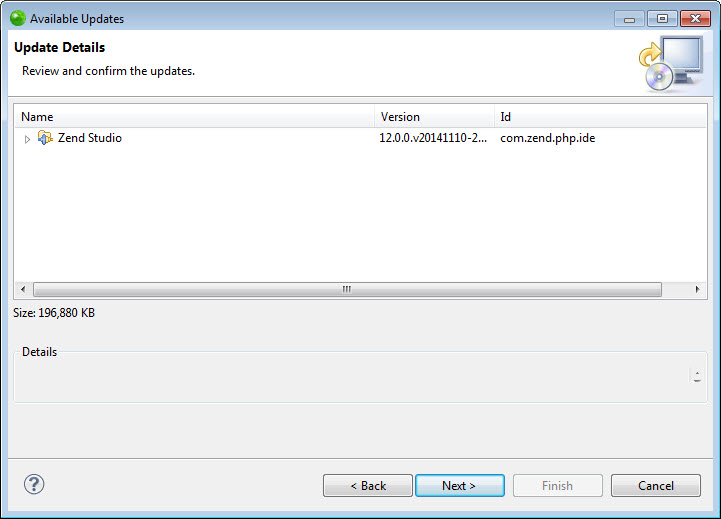
In Apache Airflow, prior to version 2.4.1, deactivating a user wouldn't prevent an already authenticated user from being able to continue using the UI or API. As of this release, the inputted strings are properly escaped when rendered. In particular, the end-user could enter javascript or similar and this would be executed. Prior to 2.0.0-M9, it was possible for an end-user to set the value of an editable string property of a domain object to a value that would be rendered unchanged when the value was saved. To revert to the original behaviour, the administrator would therefore need to set these configuration parameter: -allow-remote-access=true -random-web-admin-password=false Note also that the h2 webconsole is never available in production mode, so these safeguards are only to ensure that the webconsole is secured by default also in prototype mode. The password is printed to the log, as "webAdminPass: xxx" (where "xxx") is the password. As an additional safeguard, the new '-random-web-admin-password' configuration parameter (enabled by default) requires that the administrator use a randomly generated password to use the console.


As of 2.0.0-M8, this can now be done using the '-allow-remote-access' configuration property the web console will be unavailable without setting this configuration. It was felt that it is safer to require the developer to explicitly enable this capability. When running in prototype mode, the h2 webconsole module (accessible from the Prototype menu) is automatically made available with the ability to directly query the database.
#Zend studio 9.0.4 upgrade
Users are recommended to upgrade to Apache Commons Text 1.10.0, which disables the problematic interpolators by default.
#Zend studio 9.0.4 code
These lookups are: - "script" - execute expressions using the JVM script execution engine (javax.script) - "dns" - resolve dns records - "url" - load values from urls, including from remote servers Applications using the interpolation defaults in the affected versions may be vulnerable to remote code execution or unintentional contact with remote servers if untrusted configuration values are used. Starting with version 1.5 and continuing through 1.9, the set of default Lookup instances included interpolators that could result in arbitrary code execution or contact with remote servers. The standard format for interpolation is "$", where "prefix" is used to locate an instance of .lookup.StringLookup that performs the interpolation.

Apache Commons Text performs variable interpolation, allowing properties to be dynamically evaluated and expanded.


 0 kommentar(er)
0 kommentar(er)
